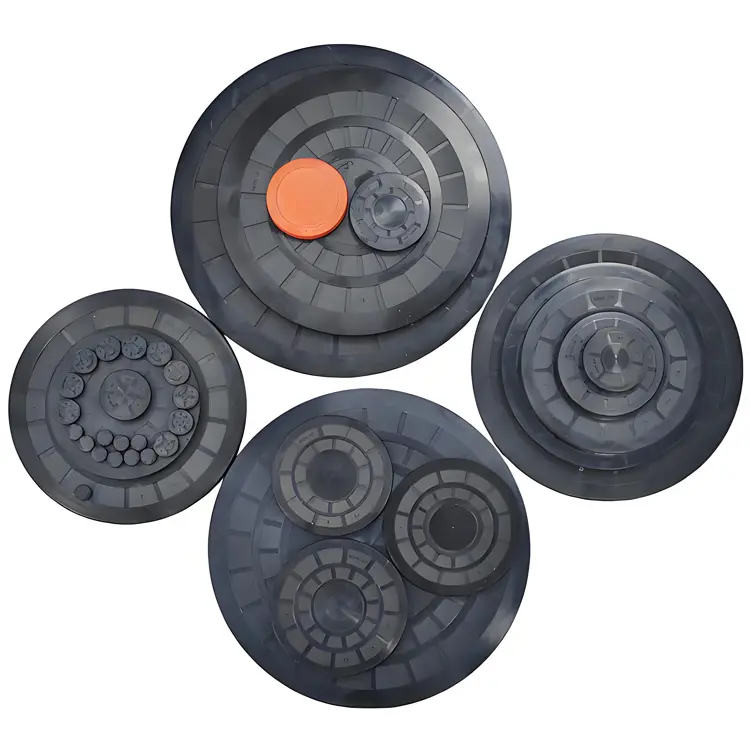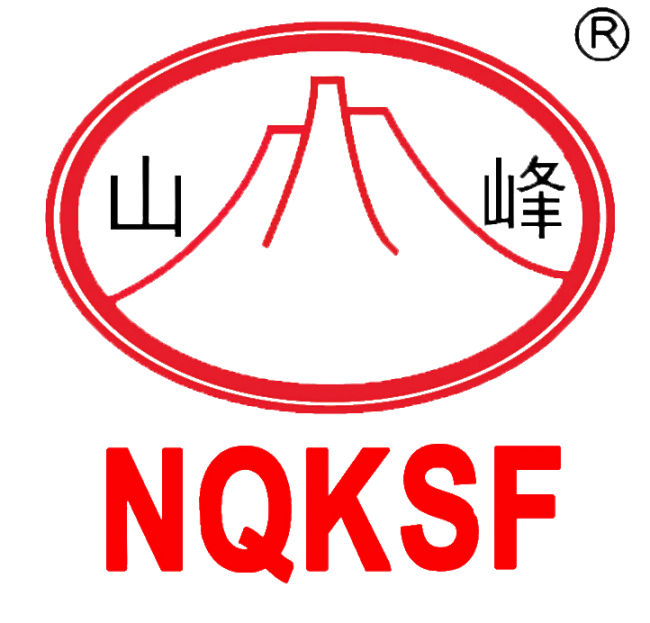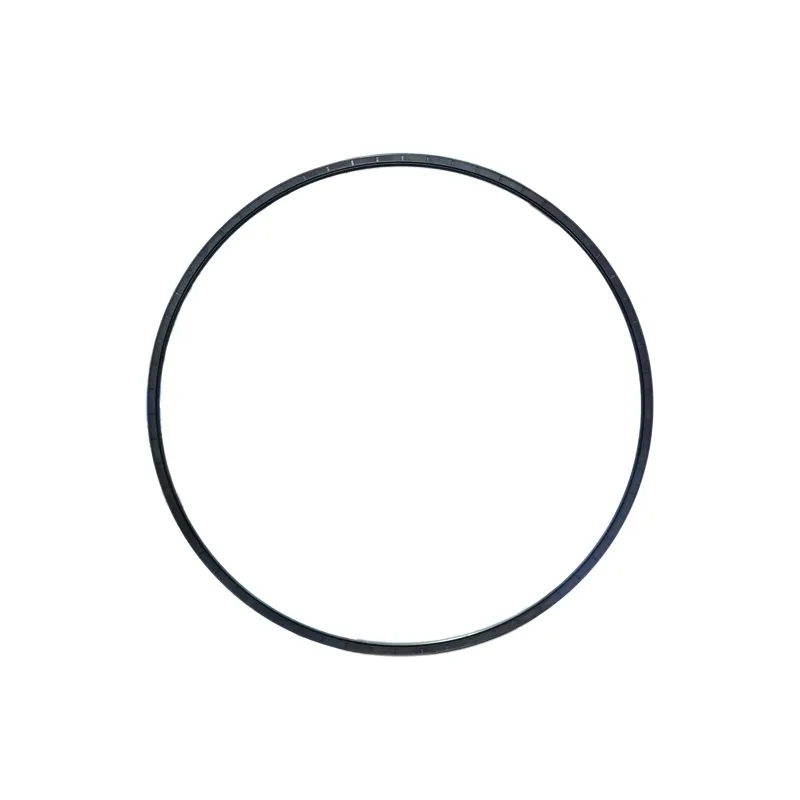The Evolution of Industrial Sealing Solutions
In the demanding world of industrial machinery and equipment, sealing solutions play a critical role in maintaining operational efficiency and preventing system failures. The stainless steel PTFE oil seal series represents a significant advancement in sealing technology, combining the durability of stainless steel with the exceptional chemical resistance of PTFE (Polytetrafluoroethylene). These sophisticated sealing components have revolutionized how industries approach challenging operating environments.
Modern manufacturing processes and increasingly complex industrial applications require sealing solutions that can withstand extreme conditions while maintaining optimal performance. The integration of stainless steel and PTFE materials has created a superior sealing solution that addresses these demanding requirements, offering unprecedented reliability and longevity in harsh operating environments.

Material Composition and Design Excellence
Advanced Material Properties
The stainless steel PTFE oil seal combines the structural integrity of high-grade stainless steel with the remarkable properties of PTFE. The stainless steel component provides exceptional mechanical strength and resistance to deformation, while PTFE contributes outstanding chemical inertness and low friction characteristics. This synergistic combination results in a sealing solution that maintains its effectiveness even under severe operating conditions.
The PTFE component of these seals exhibits remarkable temperature resistance, functioning effectively from cryogenic temperatures up to 260°C (500°F). Additionally, the material's inherent low coefficient of friction reduces wear and extends seal life, making it particularly suitable for high-speed applications where traditional elastomeric seals might fail.
Innovative Design Features
The design of stainless steel PTFE oil seals incorporates several innovative features that enhance their performance. The stainless steel case provides robust structural support and excellent retention capabilities, while precisely engineered PTFE lip profiles ensure optimal contact pressure distribution. This careful balance between rigidity and flexibility results in superior sealing effectiveness and extended service life.
Advanced manufacturing techniques allow for customized lip configurations and surface treatments that can be tailored to specific application requirements. These design variations enable optimized performance across a wide range of operating conditions, from high-pressure environments to applications involving aggressive chemicals.
Performance Benefits in Challenging Environments
Chemical Resistance Capabilities
Stainless steel PTFE oil seals excel in environments where exposure to aggressive chemicals is a concern. The PTFE component's exceptional chemical resistance protects against degradation from acids, bases, solvents, and other corrosive substances. This resistance extends to both process fluids and external environmental factors, ensuring consistent performance even in chemically hostile conditions.
The stainless steel casing provides additional protection against corrosive environments, particularly in applications where external exposure to chemicals or harsh cleaning agents is common. This dual protection mechanism significantly extends seal life and reduces maintenance requirements in chemical processing applications.
Temperature and Pressure Management
One of the most significant advantages of stainless steel PTFE oil seals is their ability to maintain stability across extreme temperature ranges. The thermal expansion characteristics of both materials have been carefully matched to prevent gaps or excessive stress during temperature fluctuations. This thermal stability ensures consistent sealing performance in applications involving frequent temperature cycles.
The robust construction of these seals also enables them to handle substantial pressure differentials without compromising sealing integrity. The stainless steel backing prevents deformation under high pressure, while the PTFE lip maintains effective contact even under dynamic pressure conditions.
Industrial Applications and Implementation
Critical Industry Sectors
Stainless steel PTFE oil seals find extensive use in critical industries where reliability is paramount. In chemical processing plants, these seals protect expensive equipment from aggressive media while preventing cross-contamination between process streams. The food and beverage industry benefits from their FDA-compliant materials and ability to withstand rigorous cleaning procedures.
In pharmaceutical manufacturing, where product purity is essential, these seals provide the necessary containment while resisting the effects of various pharmaceutical compounds and cleaning agents. The aerospace and defense sectors rely on their superior performance under extreme conditions and their ability to maintain integrity during extended periods of operation.
Installation and Maintenance Considerations
Proper installation of stainless steel PTFE oil seals is crucial for optimal performance. The installation process must follow specific guidelines to prevent damage to the PTFE lip and ensure correct orientation. Special attention must be paid to shaft surface finish and hardness requirements, as these factors significantly impact seal longevity.
While these seals generally require minimal maintenance, regular monitoring of operating conditions and wear patterns can help predict service life and prevent unexpected failures. Implementing appropriate condition monitoring programs can maximize the benefits of these premium sealing solutions.
Future Trends and Developments
Technological Advancements
The field of stainless steel PTFE oil seals continues to evolve with emerging technologies. Advanced surface treatment methods are being developed to further enhance the wear resistance of both the stainless steel and PTFE components. Research into modified PTFE compounds promises even better performance characteristics while maintaining the material's core benefits.
Integration of smart monitoring capabilities is another area of development, with sensors being incorporated to provide real-time feedback on seal performance and wear status. These innovations will enable predictive maintenance strategies and help optimize seal selection for specific applications.
Sustainability Considerations
Environmental consciousness is driving developments in seal technology, with increased focus on reducing friction to improve energy efficiency. The long service life and minimal maintenance requirements of stainless steel PTFE oil seals contribute to reduced waste and environmental impact. Manufacturers are also exploring recycling programs for used seals, particularly focusing on the recovery of valuable stainless steel components.
Future developments may include bio-based alternatives to traditional PTFE formulations, responding to growing demands for more sustainable industrial components while maintaining the high performance standards required in harsh applications.
Frequently Asked Questions
What makes stainless steel PTFE oil seals superior to conventional seals?
Stainless steel PTFE oil seals offer superior chemical resistance, extended temperature range capability, and excellent wear resistance compared to conventional elastomeric seals. Their unique material combination provides enhanced durability in harsh environments while maintaining consistent sealing performance.
How long do stainless steel PTFE oil seals typically last?
The service life of these seals varies depending on operating conditions, but they typically last significantly longer than traditional seals. Under proper operating conditions and with correct installation, they can provide reliable service for several years, often exceeding 2-3 times the life of conventional seals.
Are special installation procedures required for these seals?
Yes, proper installation is crucial for optimal performance. This includes careful handling to prevent damage to the PTFE lip, ensuring correct orientation, and meeting specific shaft surface finish requirements. Professional installation following manufacturer guidelines is recommended to achieve maximum seal life and performance.

